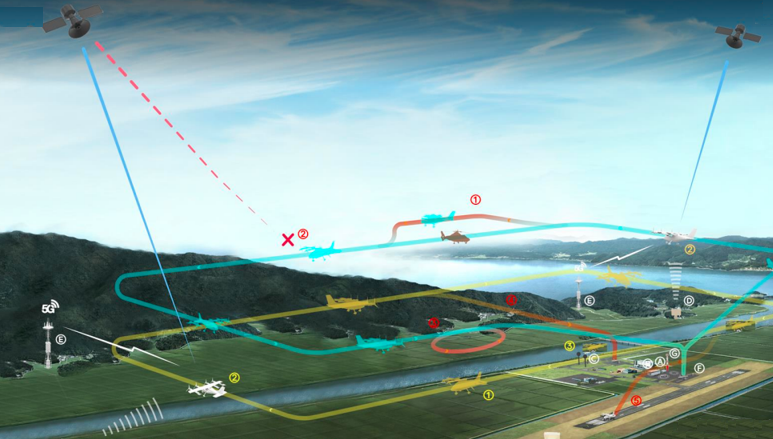
Credit: K-UAM Grand Challenge
South Korean wireless provider SK Telecom is aiming to be first to deploy a 5G airspace communications network to support urban air mobility (UAM). Build-out of the network is getting underway to support Phase 1 of the Korean Urban Air Mobility (K-UAM) Grand Challenge. Working with the Korea...
Subscription Required
SKT Readies 5G Airspace Network For Korean UAM Demonstrations is published in Advanced Air Mobility Report, an Aviation Week Intelligence Network (AWIN) Market Briefing and is included with your AWIN Premium membership.
Already a member of AWIN or subscribe to Advanced Air Mobility through your company? Login with your existing email and password
Not a member? Learn how to access the market intelligence and data you need to stay abreast of what's happening in the air transport community.





